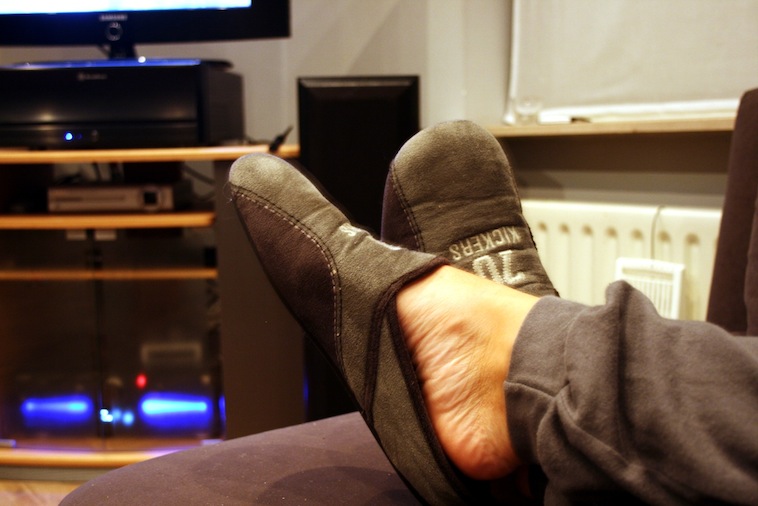Open offices and other types of shared work spaces (such as shops, restaurants, etc.) can help open up an entire workforce to sicknesses that will spread easily and have your employees dropping like flies. But there are ways to fight those germs. Here are a few:
1. Offer flu shots.

(Image: happyclams via flickr.com)
October 15 through November 15 is the official flu shot season (when the shots offer maximum protection). See if your health insurance offers a free flu shot, or find out if it’s possible to bring in someone to vaccinate the entire staff one afternoon. If it isn’t possible, encourage employees to go on their own by offering a reward such as an afternoon off.
2. Keep cleaning supplies on hand.

(Image: chiotsrun via flickr.com)
Make antibacterial wipes available throughout the office to encourage employees to clean their desks, keyboards and other surfaces at the start of the day. By making it easy to wipe down shared surfaces, you’ll minimize lurking germs and make cleanliness a top priority.
3. Create a stay-home policy.

(Image: circasassy via flickr.com)
Though it may seem counterintuitive, encouraging one sick employee to stay home could boost long-term productivity by keeping the entire office from getting sick. Encourage employees to stay home if they’re feeling unwell—and lead by example if you catch a bug! The whole office will thank you.
4. Make it easy to work from home.

(Image: ThinkStock)
If employees know that they can easily work from home, they won’t feel pressured to come to work sick or return too early. Recovering at home will keep germs from spreading. Your sick employee will be less stressed and get more rest, so he or she can get well sooner.
5. Encourage hand washing.

(Image: empracht via flickr.com)
Regular hand washing has been proven to be one of the most effective ways to stop the spread of colds, flu and other bugs. But a lot of people don’t wash up, even after using the bathroom. Don’t be shy—hang a sign in your office restrooms encouraging proper hand washing. Additionally, distribute hand sanitizer and tissues around the office, so employees won’t have to interrupt their work to disinfect their hands after sneezing or blowing their noses.
6. Encourage exercise.

(Image: tulanesally via flickr.com)
Active people have stronger immune systems—they’re about 50 times less likely to catch a cold than their sedentary office mates. Encourage your employees to get moving, and you’ll see a reduction in sick days.
7. Go fun-sized.

(Image: wilwheaton via flickr.com)
You never know who’s gotten their nose into your business. Individually wrapped snacks, baked goods and, yes, even candy from the office candy bowl can limit the spread of germs in one of their hunting grounds: the kitchen.
8. Have a game plan.

(Image: alesadam via flickr.com)
Have a system in place for when an employee is sick. It can be hard to miss work, especially in a small business, particularly if you’re usually in charge. By setting up a system, you’ll keep things running smoothly when you need to be putting your feet up.
